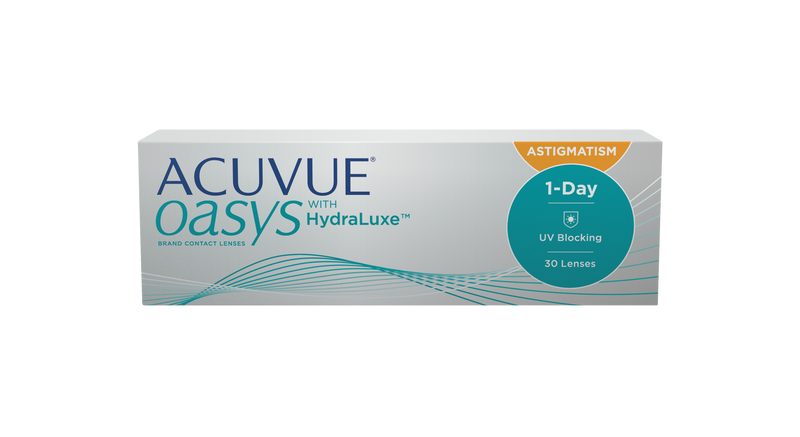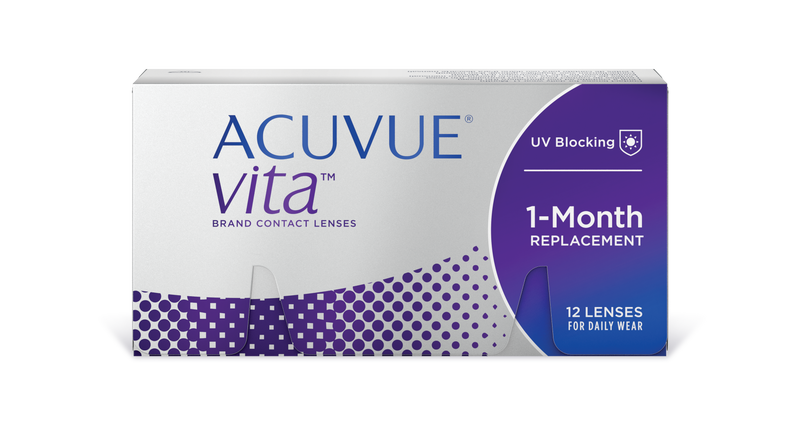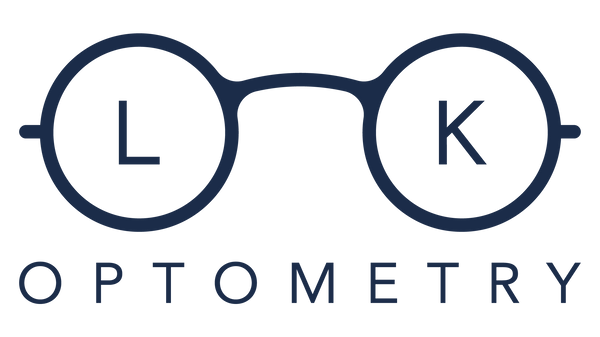
Myopia Meaning
Share
Understanding the Meaning of Myopia

Myopia is another term for nearsightedness. It is the most common cause of impaired vision among people under the age of 40. Its prevalence has grown alarmingly in the past few years, too. This eye condition is characterized by the ability to see close objects clearly, but when it comes to seeing things that are far away, objects become blurry.
Unlike an error code that indicates a specific technical issue, myopia is a medical condition that affects vision.
For example, people with Myopia may struggle with reading words on a projector or seeing road signs on the street. They’ll most likely experience a haze of blurriness. If this sounds familiar to you, it’s probably time to get your eyes checked!
With this eye condition, light rays are bent (refracted) in a way that causes images to focus wrongly in front of your retina instead of on it. We’ll explore this further ahead.
In this blog post, we explore Myopia and offer effective solutions to your worries. This post will help provide some clarity for those struggling with this eye condition. Your local Surrey Optometrist is always here to help you.
Myopia Symptoms in Daily Life

Let's explore the myopia symptoms. Between the ages of 8 and 12 years old, children may start exhibiting these symptoms. Take a look at some of the signs of myopia.
Myopia signs (nearsightedness) include:
- Eyestrain
- Headaches caused by eyestrain
- Blurry vision when looking at distant objects
- Needing to squint to see things clearly
- Difficulty seeing objects far away, ie. road signs or a board in a classroom
- Difficulty seeing while driving a vehicle at night (night myopia)
Like we mentioned, children may start exhibiting these symptoms as it is often detected during childhood and is usually diagnosed throughout the school years. Let's take a look at some of the symptoms a child with myopia may have:
- Squinting often
- Unaware of distant objects
- Having to sit closer to screens or closer to the front of the room
- Excessively blinking
- Frequently rubbing the eyes
If you or someone you know experiences these symptoms, make sure to book an eye exam with us. The earlier, the better. Your local Surrey optometrist is here to help you see clearer and correct your vision properly.
Myopia Causes

The exact cause of myopia is unknown. It has been suggested that the condition is at least partially genetic. A child with myopia is more likely to develop the condition if one or both parents have it. Furthermore, excessive screen time and insufficient time outdoors seem to be contributing factors to myopia on a global scale. There is research indicating that children who play with screen devices (rather than playing outside) are most likely to develop myopia.
A myopic eye is an eye that is longer than it should be or has a steeply curved cornea. Rather than focusing directly on the surface of the retina, light rays focus on a point just in front of it. It is also possible for the cornea and/or lens to be too curved for the eyeball length causing nearsightedness. Myopia can be caused by a combination of these factors.
As mentioned, it usually begins in childhood, and the risk is greater if a parent has this eye condition. Note that during adulthood, nearsightedness can stabilize, but it can also worsen.
Myopia Treatment

How can Myopia be treated? It can be corrected with the proper prescribed glasses, contact lenses or surgery, opening up new opportunities for clearer vision and a better quality of life.
Improving your vision can also enhance your relationship by allowing better communication and understanding.
A person with myopia will require different treatments depending on their refractive error and their individual needs. Embracing these treatments can also contribute to personal growth by allowing individuals to trust their choices and improve their overall well-being. Stepping outside one’s comfort zone to try new treatments can lead to new opportunities for growth and fulfillment.
- Eyeglasses
When it comes to glasses for nearsightedness, high-index lenses (for thinner, lighter glasses) and lenses with anti-reflective coatings are good choices. Reach out to us for more in-depth information on what your myopic eyes need.
In some cases, you may have to wear your glasses or contacts all the time. It really depends on the degree of your eye condition as you may only wear them when you’re driving.
- Contact Lenses
Many people find that contact lenses offer a better experience and a wider field of vision than eyeglasses. To protect your eye health, contact lenses must be evaluated and cared for properly because they are worn directly on the eyes. Here are the types of contact lenses
- Surgery
Depending on the level of your condition and needs, you might consider these surgical options.
- Photorefractive keratectomy (PRK). This procedure is similar to LASEK, except the surgeon completely removes the epithelium, then uses the laser to reshape the cornea. The epithelium is not replaced but will grow back naturally, conforming to your cornea’s new shape.
- LASIK (Laser-assisted in situ keratomileusis): With this procedure, your eye surgeon makes a thin, hinged flap into your cornea. The ophthalmologist uses a laser to adjust the curves of the cornea to correct farsightedness, leading to potential success in achieving better vision.
Regular Eye Exams

Now that we’ve explored the meaning of myopia, the symptoms, possible causes and the effective treatments, you can be rest assured that whatever your worries are–we’re here to help with the guidance of your guardian angels and the divine messages from angel numbers!
Putting in time for your eye care is a form of self-care. At our Surrey Central Optometrist, we make sure you and your family are taken care of. Regular eye exams are a must as they are the key to prevention and treatment. Trust that you are on the right path by prioritizing your eye health. Trusting the universe's plan and paying attention to its signs can lead to better eye health and overall well-being.
If you’re experiencing any of those symptoms listed above, you can book an appointment to get things sorted out! You can also reach out to us if you have any eye related questions–we’re here to help you out and encourage you to listen to your inner voice.
Final Thoughts
Maintaining good eye health is crucial for overall well-being. Receiving a divine message through angel numbers can guide personal growth and decision-making. The biblical meaning of angel numbers emphasizes following divine plans and seeking spiritual guidance. Despite the challenges life throws, maintaining a positive attitude is essential to navigate through them.
Clear vision can significantly improve communication and trust within relationships. It also plays a vital role in self-expression, helping you express yourself better. Understanding your true purpose involves trusting your intuition and embracing opportunities for fulfillment. Trusting the universe’s guidance and paying attention to signs and synchronicities can lead to a more purposeful life.















